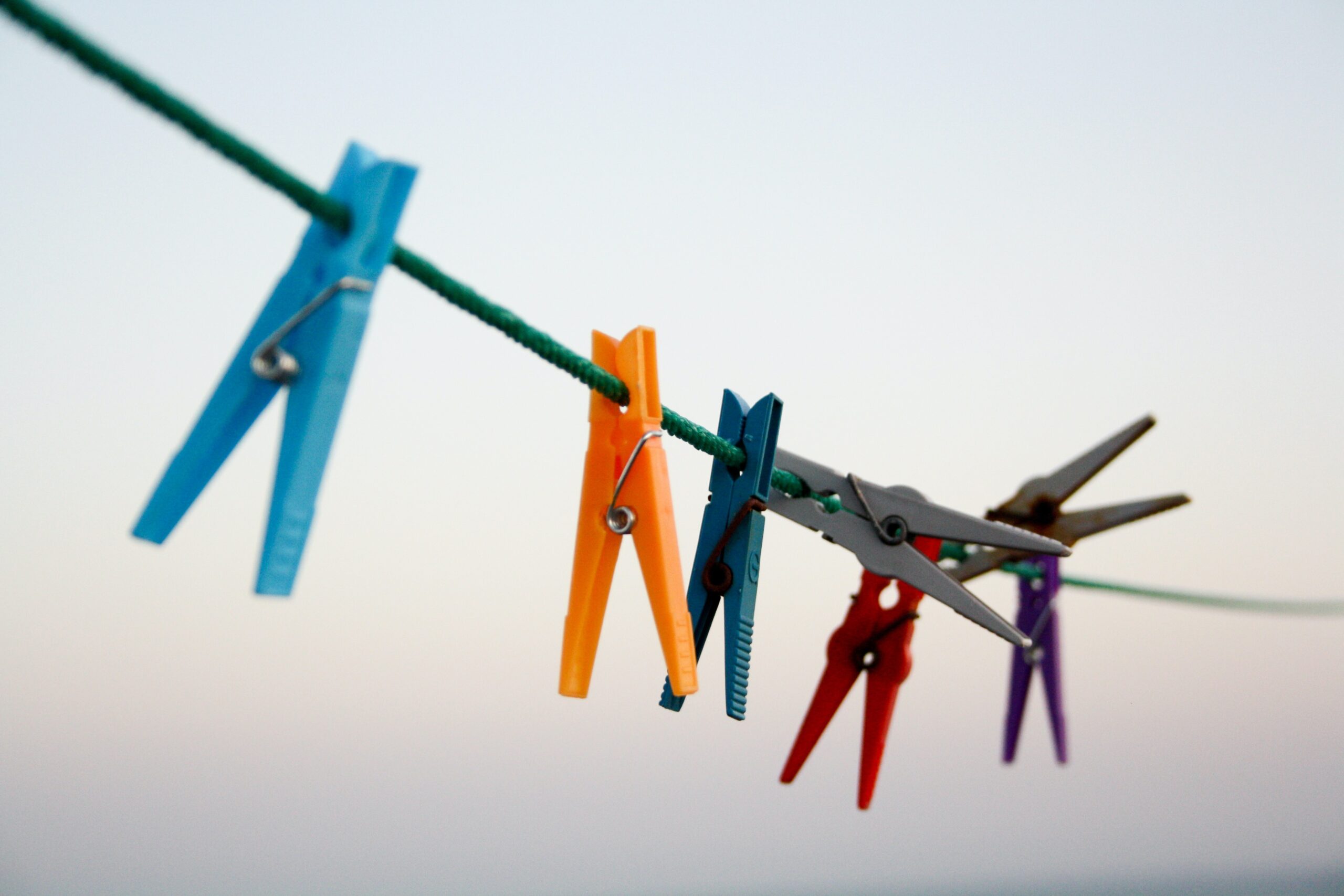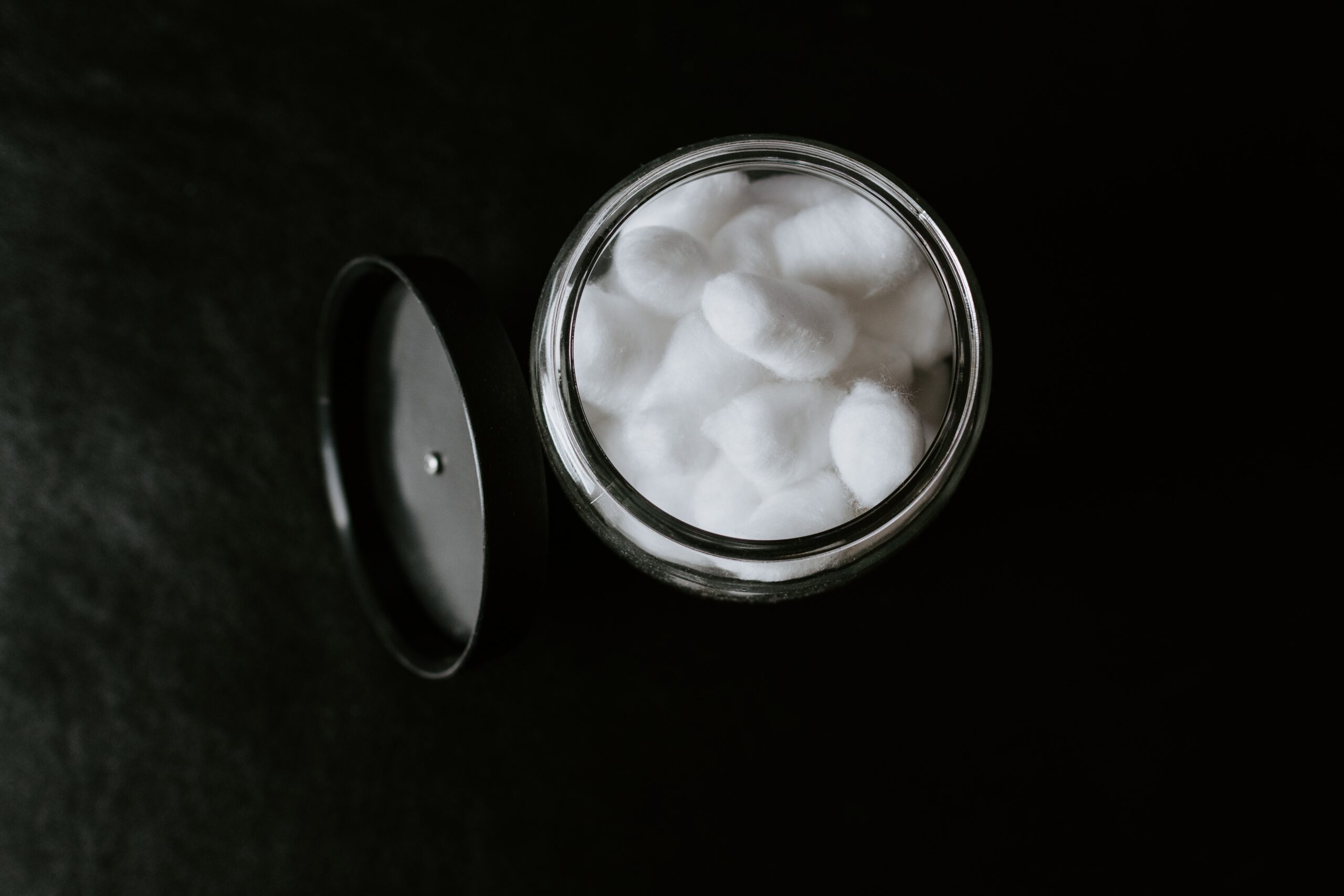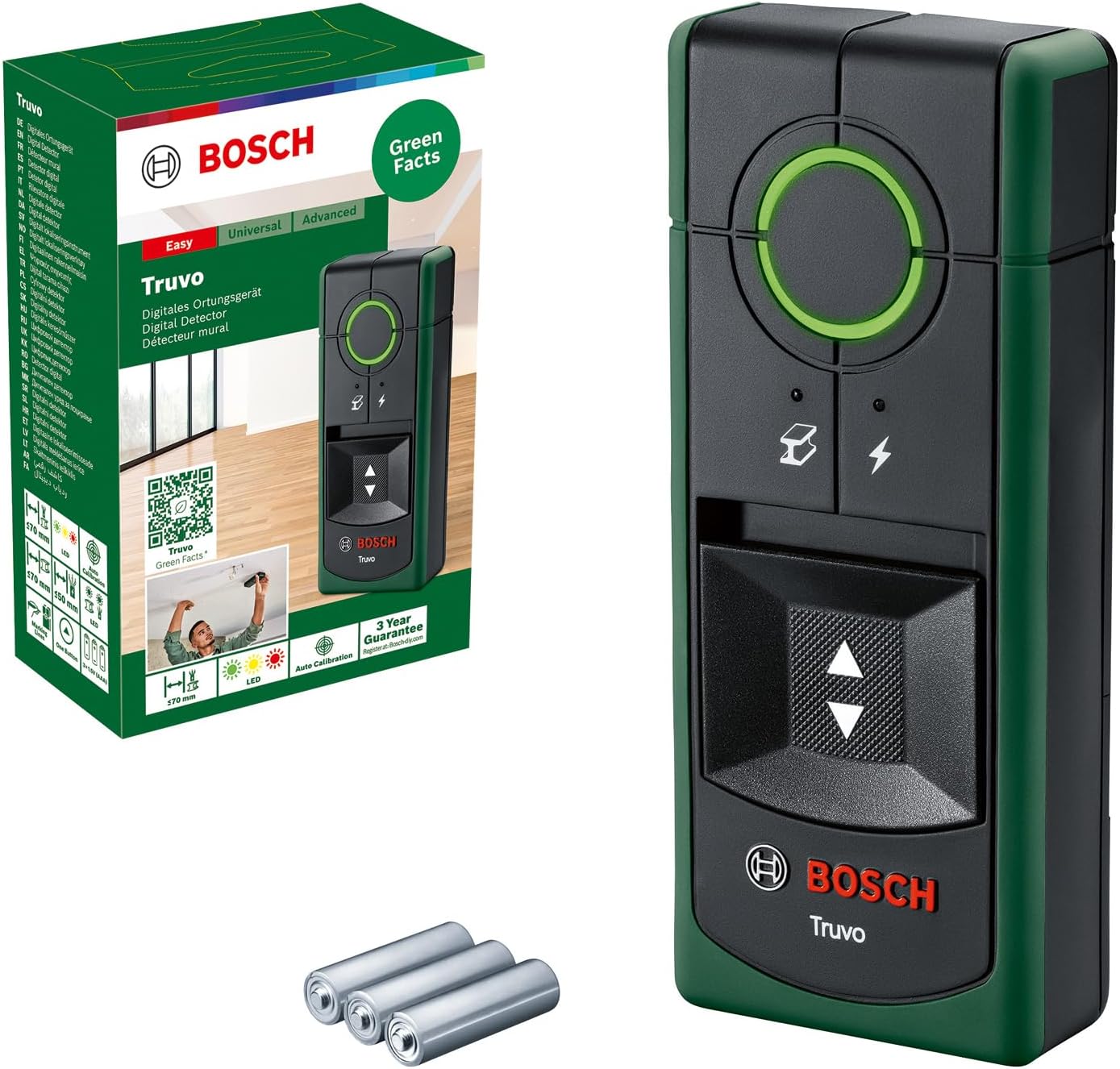
So, you’ve just finished cleaning up your home and now you’re wondering if that trusty bottle of sugar soap sitting in your cupboard can be used to spruce up your timber deck as well. Well, you’re in luck, because we’ve got the answer for you! In this article, we’ll explore whether or not sugar soap is a suitable option for tackling the dirt and grime on your timber deck. So, let’s get right into it and find out if sugar soap is the secret weapon your deck has been waiting for!
Introduction to Sugar Soap
Maintaining a timber deck is essential for its longevity and aesthetic appeal. Regular cleaning helps prevent the accumulation of dirt, debris, and mold, ensuring that your deck remains a beautiful outdoor space for years to come. One cleaning product that is commonly used for various surfaces is sugar soap. But can you use sugar soap on a timber deck? In this comprehensive article, we will explore the compatibility of sugar soap with timber decks, discuss the benefits and drawbacks, and provide safe alternatives for effective deck cleaning.
Understanding Sugar Soap
What is sugar soap?
Sugar soap is a versatile and effective cleaning agent used for a wide range of surfaces. It is a water-based solution that typically contains a mixture of sodium carbonate, sodium phosphate, and surfactants. Its name is derived from its soapy consistency and slightly sweet smell, but it does not contain any actual sugar. Sugar soap is available in both liquid and powder forms, making it convenient for various cleaning tasks.
How does sugar soap work?
Sugar soap works by breaking down and removing dirt, grease, and grime from surfaces. Its alkaline nature helps to dissolve oils and other stubborn substances that can accumulate on surfaces over time. The surfactants in sugar soap help to lift away dirt particles, making them easier to rinse off. When used in the correct concentration, sugar soap can provide effective cleaning results.
Common uses of sugar soap
Sugar soap is commonly used for cleaning walls, ceilings, and other painted surfaces, preparing them for painting or wallpapering. It is also effective at removing grease and grime from kitchen cabinets, countertops, and bathroom tiles. Its versatility extends to other surfaces as well, including glass, metal, and plastic.
Benefits of using sugar soap
Using sugar soap for cleaning offers several benefits. Firstly, it is an affordable option compared to other specialized cleaning products. Additionally, sugar soap is readily available in most home improvement stores and supermarkets. Its effectiveness in removing grime and grease makes it an excellent choice for heavy-duty cleaning tasks. Furthermore, sugar soap is generally biodegradable and environmentally friendly, making it a preferred option for those conscious of their ecological impact.

Timber Deck Maintenance
Why is timber deck maintenance important?
Maintaining your timber deck is crucial for several reasons. Firstly, regular maintenance helps to preserve the deck’s natural beauty and prolong its lifespan. Timber decks are exposed to varying weather conditions, including rain, snow, and UV rays, which can cause damage if not addressed promptly. Proper maintenance prevents issues such as wood rot, splintering, and fading, ensuring that your deck remains safe and visually appealing.
Common issues with timber decks
Timber decks can face common issues such as mold, mildew, algae growth, and build-up of dirt and debris. These issues can not only make your deck look unattractive but can also create slippery surfaces and compromise the structural integrity of the wood. Regular cleaning and maintenance can help prevent and address these problems before they escalate.
Methods for cleaning timber decks
Cleaning your timber deck requires a systematic approach to effectively remove dirt, grime, and other contaminants. One common method is by using a combination of water and mild detergent to scrub the surface. Soft-bristle brushes or mops can be used for gentle scrubbing, while pressure washers can provide a more thorough clean. It is important to be cautious when using pressure washers as excessive force can damage the wood. Abrasive materials should be avoided as they can cause scratches and damage the protective coatings on the timber.
Considerations for choosing deck cleaning products
When selecting cleaning products for timber decks, it is essential to choose those specifically formulated for outdoor wood surfaces. These products are designed to be gentle yet effective in removing dirt and stains without damaging the timber. It is important to read and follow the manufacturer’s instructions to ensure proper usage. Additionally, consider the environmental impact of the products and opt for biodegradable options whenever possible.
Compatibility of Sugar Soap with Timber Decks
Can sugar soap be used on timber decks?
While sugar soap can be effective for cleaning various surfaces, it is generally not recommended for timber decks. The alkaline nature of sugar soap, which is beneficial for removing grease and grime, can potentially strip away the natural oils and protective coatings present on the timber. This can lead to the wood becoming dry, brittle, and vulnerable to deterioration. Therefore, it is advisable to explore other alternatives for cleaning timber decks.
Potential risks and drawbacks of using sugar soap on timber decks
Using sugar soap on timber decks can pose several risks and drawbacks. As mentioned earlier, the alkaline properties of sugar soap can harm the wood. Additionally, the abrasive nature of sugar soap can cause scratches and damage the deck’s protective sealants. Moreover, sugar soap may not effectively remove deep-set stains or address specific issues such as mold growth.
Safe alternatives to sugar soap for timber deck cleaning
Fortunately, there are safe and effective alternatives to sugar soap for cleaning timber decks. These alternatives are specifically formulated for outdoor wood surfaces, ensuring gentle yet efficient cleaning without compromising the integrity of the timber. Vinegar and water solutions, baking soda pastes, and commercial deck cleaning products are some recommended options.

Benefits and Drawbacks of Using Sugar Soap on Timber Decks
Advantages of using sugar soap on timber decks
Although sugar soap is generally not recommended for timber decks, it is important to note that it can still provide some benefits. Sugar soap is effective in removing general dirt and grime, and it can be an economical option for cleaning large surfaces. Additionally, sugar soap is environmentally friendly, which may be a significant factor for individuals seeking eco-friendly cleaning solutions.
Disadvantages of using sugar soap on timber decks
The disadvantages of using sugar soap on timber decks outweigh its advantages. The alkaline nature of sugar soap can strip the timber of its natural oils and protective coatings, leading to potential damage. Furthermore, the abrasive nature of sugar soap can cause scratches and compromise the integrity of the wood. It is therefore advisable to explore safer alternatives specifically designed for timber deck cleaning.
Recommended Cleaning Methods for Timber Decks
Regular sweeping and debris removal
One of the simplest and most effective maintenance methods for timber decks is regular sweeping to remove loose debris such as leaves, dirt, and twigs. This prevents the accumulation of moisture and organic matter that can contribute to mold and algae growth.
Pressure washing
Pressure washing can be an effective method for deep cleaning timber decks. However, it is crucial to use the appropriate pressure setting and maintain a safe distance to prevent damaging the wood. It is recommended to hire a professional if you are uncertain about operating a pressure washer.
Using mild detergent solutions
Mild detergent solutions specifically formulated for timber decks can be used for regular cleaning. These solutions are designed to remove dirt, grime, and stains without compromising the wood’s integrity. Follow the manufacturer’s instructions for proper usage and dilution ratios.
Professional cleaning services
If you prefer to leave the deck maintenance to the experts, professional cleaning services can provide thorough and efficient cleaning. Professional cleaners are equipped with the necessary tools, knowledge, and experience to ensure your timber deck is properly maintained and restored to its original beauty.

Safe Alternatives to Sugar Soap for Timber Deck Cleaning
Vinegar and water solution
A vinegar and water solution is an eco-friendly and budget-friendly alternative to sugar soap. Mix equal parts of white vinegar and water and apply the solution to the deck using a sponge or soft-bristle brush. This solution effectively removes dirt, grime, and mold without damaging the timber.
Baking soda paste
Baking soda is known for its natural cleaning properties. Create a paste by mixing baking soda and water, then apply it to the deck using a brush. Allow the paste to sit for a few minutes before scrubbing the deck and rinsing it thoroughly with water.
Commercial deck cleaning products
Numerous commercial deck cleaning products are available on the market. These products are specifically formulated for timber decks and offer a wide range of options catering to various cleaning needs. Read the instructions carefully and choose products that are safe for both the timber and the environment.
Timber deck-specific cleaners
Some manufacturers produce cleaners specifically formulated for timber decks. These cleaners are designed to effectively remove dirt, mold, and stains without damaging the wood. These products often contain natural ingredients and are recommended for deep cleaning or restoration purposes.
Precautions for Timber Deck Cleaning
Protective gear and clothing
When cleaning your timber deck, it is important to wear appropriate protective gear, such as gloves and safety glasses, to avoid any contact with cleaning solutions or debris. Additionally, wear clothing that covers your skin to protect against splinters and any potential skin irritations.
Avoiding excessive moisture
While periodic cleaning is beneficial for timber decks, excessive moisture can lead to problems such as wood rot and mold growth. Avoid over-wetting the deck during cleaning and ensure proper drying after cleaning to maintain the wood’s integrity.
Testing products on a small area
Before applying any cleaning solution to the entire deck, it is recommended to test it on a small, inconspicuous area first. This helps ensure compatibility with the timber and allows you to assess the effectiveness of the product without risking damage to the entire deck.
Avoiding abrasive materials or harsh chemicals
Abrasive materials, such as wire brushes or steel wool, can cause scratches and damage the protective coatings on the timber. Similarly, harsh or acidic chemicals can strip away the wood’s natural oils and cause discoloration or deterioration. Opt for gentle cleaning methods and products that are specifically designed for use on timber decks.
Conclusion
While sugar soap is a versatile cleaning agent suitable for many surfaces, it is generally not recommended for use on timber decks. The alkaline nature and abrasive properties of sugar soap can potentially damage the wood and compromise its integrity. However, there are safe and effective alternatives, such as vinegar and water solutions, baking soda paste, commercial deck cleaning products, and timber deck-specific cleaners. Proper maintenance methods, including regular sweeping, pressure washing, and the use of mild detergent solutions, can help keep your timber deck looking its best. By following these guidelines and precautions, you can ensure that your timber deck remains a beautiful and durable outdoor space for years to come.












